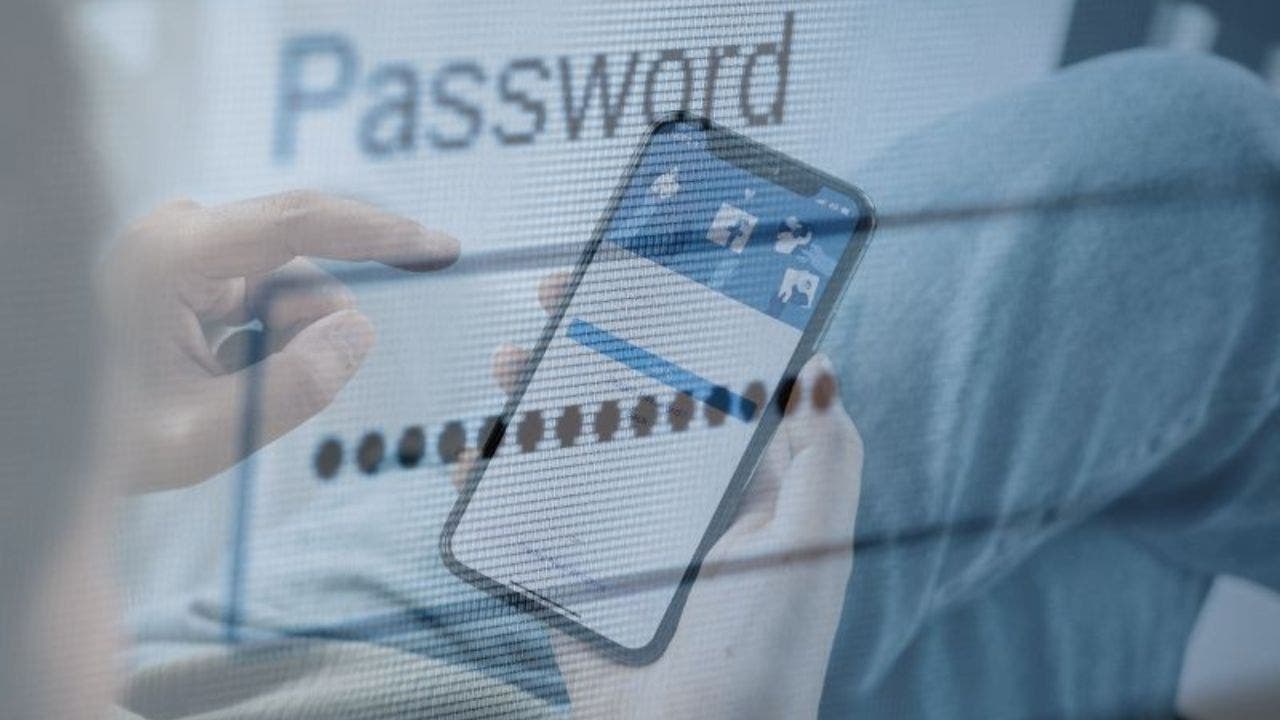With the increasing sophistication of email scams, it has become crucial for you to maintain vigilance and caution when dealing with your inbox. One of our subscribers, Ken from Battle Creek, Michigan, recently shared his encounter with a phishing email scam. He received messages from Facebook claiming that he had notifications waiting for him, but upon logging in directly through Facebook, he found no such notifications. Ken’s rule of thumb is never to sign in through an email. Instead, he suggests accessing the main website to verify any information related to emails or purchases. He also advises against trusting emails that claim you bought something or require you to call a number to dispute charges.
If you ever come across an email similar to Ken’s experience, it’s important to proceed with caution. While some of these emails may be legitimate, they can easily be mimicked by scammers. It’s best to avoid clicking on such emails, as they may lead you to fraudulent websites that mimic popular platforms like Facebook. Instead, always go directly to the official website or app of the platform and log in using your username and password.
Now, let’s discuss what you can do to avoid falling victim to phishing scams and protect yourself further.
1. Enable spam filters: Most email service providers offer built-in spam filters that can automatically detect suspicious emails and divert them to your spam or junk folder. Make sure to activate these filters to minimize the number of scam emails reaching your inbox. Additionally, here are some tips to outsmart spammers and end unsolicited emails.
2. Verify email addresses and domains: Scammers often use email addresses that imitate legitimate companies or organizations, such as Facebook. Double-check the sender’s email address and verify the domain to ensure it matches the official website or known contact details of the company or individual.
3. Beware of urgent requests: Scammers often create a sense of urgency to prompt immediate action. Be cautious of emails claiming that you’ve won a prize, have an unpaid bill, or need to provide personal information urgently. Take a moment to verify the authenticity of these requests before responding or sharing any sensitive information.
4. Activate Two-Step Verification: Two-Step Verification, also known as Two-Factor Authentication or 2FA, adds an extra layer of security to your accounts. Enable this feature whenever possible to enhance the security of your online accounts.
5. Regularly check your credit and banking accounts: If you use platforms like Facebook for financial transactions, regularly monitor your bank and credit card accounts to detect any unauthorized or false transactions. Phishing email scams may try to convince you that you have charges to pay or that your card was used illicitly. Always verify the source before trusting such email messages.
6. Install antivirus software on all devices: Protecting your devices with reliable antivirus software is crucial in preventing data breaches. By having antivirus protection installed on all your devices, you can prevent hackers from accessing your personal information through malicious links or malware.
7. Report phishing attempts: If you receive a phishing email, report it to your email service provider. Most providers have measures in place to identify and block malicious senders. You can also report phishing attempts to organizations like the Anti-Phishing Working Group (APWG) or the Internet Crime Complaint Center (IC3).
In conclusion, email scams have become increasingly sophisticated, demanding heightened vigilance and caution. Logging in through email notifications should be avoided, as it is safer to visit the official website or app for notifications. Implementing measures like enabling spam filters, verifying email addresses and domains, being cautious of urgent requests, regularly checking accounts, using antivirus software, and reporting phishing attempts can further protect you against scams. Stay proactive in safeguarding your online security.
If you have received suspicious emails claiming to be from Facebook or other social media sites, we’d like to hear from you. Share your feelings about the security of your accounts by contacting us at Cyberguy.com/Contact. For more security alerts, subscribe to our free CyberGuy Report Newsletter at Cyberguy.com/Newsletter.
Copyright 2023 CyberGuy.com. All rights reserved. Kurt “CyberGuy” Knutsson is an award-winning tech journalist who is passionate about technology, gear, and gadgets that improve our lives. He regularly contributes to Fox News and FOX Business, appearing on “FOX & Friends” in the mornings. If you have a tech question, subscribe to Kurt’s CyberGuy Newsletter and share your voice, story ideas, or comments at CyberGuy.com.
Denial of responsibility! VigourTimes is an automatic aggregator of Global media. In each content, the hyperlink to the primary source is specified. All trademarks belong to their rightful owners, and all materials to their authors. For any complaint, please reach us at – [email protected]. We will take necessary action within 24 hours.


